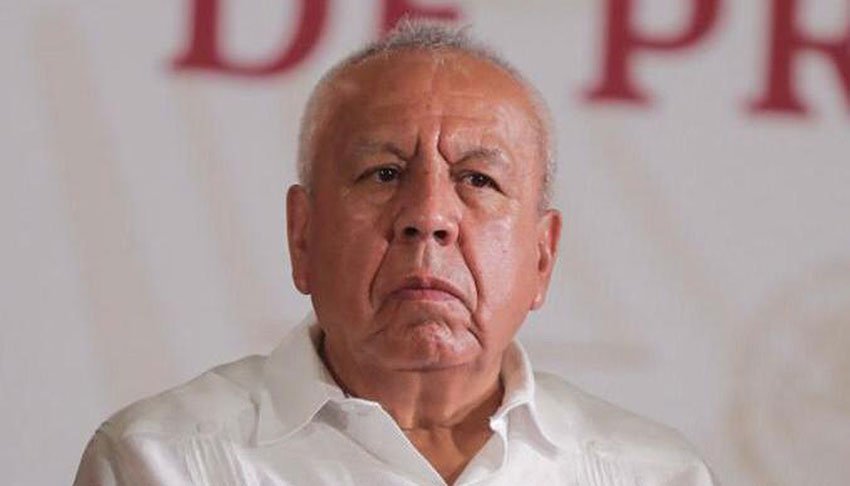Police stopped four semi-trailers carrying 782 undocumented migrants in Veracruz on Saturday, the first major action in a new immigration strategy that will be overseen by the former commissioner of prisons.
The trucks were stopped in the southern part of the state on the Acayucan-Isla highway. The migrants, who were turned over to the Acayucan immigration center, were from Guatemala, El Salvador and Honduras, government sources told the news agency AFP.
Six people, including the four drivers, were arrested for human smuggling.
The migrants told authorities they had paid smugglers US $3,500 each to be transported to Mexico’s northern border.
Of the 782, 368 were under the age of 18, while 98 were under the age of 5.

According to a press release from the National Immigration Institute (INM), the Veracruz detentions were the first actions in a new migration strategy favored by President López Obrador and new INM Commissioner Francisco Garduño.
As part of that strategy, the INM has deployed 1,000 agents in northern and southern Mexico to verify travelers’ immigration status.
“The objective is to maintain regular, orderly and safe migration and to ensure respect for the human rights of people who travel through the country,” read the INM statement.
The detentions come only days after López Obrador appointed Garduño to replace Tonatiuh Guillén as INM commissioner. Guillén had taken the reins of the INM promising a less enforcement-focused approach to migration with “protective, caring” policies.
But he turned in his resignation Friday after Mexico and the United States reached an agreement in which Mexico would do more to stop the northward movement of migrants. López Obrador said later he had asked for Guillén’s resignation.
Garduño, meanwhile, had previously served as a commissioner of federal prisons, and is part of a team led by Foreign Secretary Marcelo Ebrard tasked with ensuring enforcement of the U.S.-Mexico migration deal.
A lawyer by profession, he has filled various positions in the Mexico City government, including chief of police.
Source: El Universal (sp), Animal Político (sp), El Economista (sp), La Jornada (sp)
